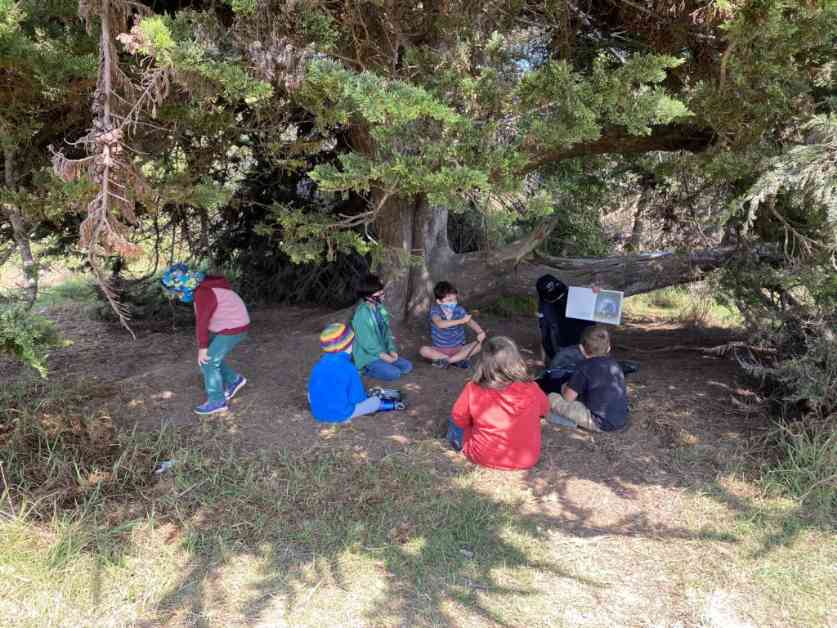At the Berkeley Forest School, children learn under the open sky, surrounded by nature’s wonders. Ladybugs flying through the air become a science lesson, while fog on their faces teaches them about the water cycle. This kind of outdoor learning is at the heart of early childhood education programs, where kids aged 3 to 5 can explore, play, and learn in the natural world.
Unfortunately, many preschoolers today spend too much time indoors, glued to screens. This lack of outdoor time can have negative effects on their health and development, leading to issues like obesity, diabetes, hyperactivity, stress, asthma, and allergies. Experts emphasize the importance of nature-based learning for children’s overall well-being.
In a world where attention spans are dwindling, spending time in nature can help children cultivate a sense of stillness, calm, and focus. Outdoor education is seen as a remedy for behavioral issues and hyperactivity, providing kids with the space and freedom to play and explore. Pediatric occupational therapist Angela Hanscom highlights the importance of outdoor play in promoting healthy development.
Research has shown that children benefit greatly from spending time outdoors. Exposure to nature has been linked to improved mental health, academic performance, and executive functioning. Forest schools, rooted in the Scandinavian tradition, have gained popularity as a way to provide children with hands-on, nature-based learning experiences.
While California has made strides in requiring outdoor time in preschool programs, there is still room for improvement in supporting nature-based education. The state has more outdoor schools than most, but regulations and funding often pose challenges for these programs. The benefits of outdoor learning are undeniable, yet many schools continue to prioritize traditional indoor settings.
In a society driven by technology and standardized education, the value of outdoor learning can sometimes be overlooked. Nature offers a wealth of opportunities for children to learn, play, and grow in ways that traditional classrooms cannot replicate. By incorporating more outdoor time into early childhood education, we can help children develop essential skills and foster a lifelong love of nature.




















